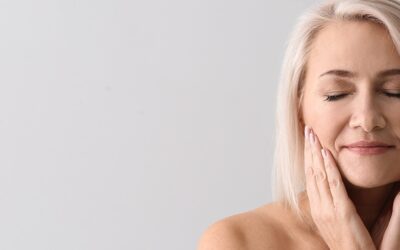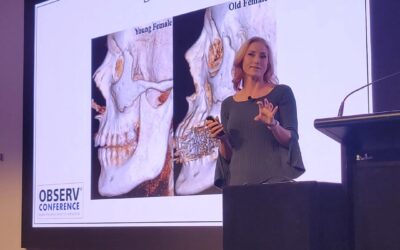In past articles I’ve written about the innate and subconscious evaluation we make of one another in terms of our appearance. A positive interaction with people, in particular a business environment involves a positive aesthetic experience too. This first assessment happens within seconds of meeting and creates a story for us as to the individual’s health, well-being and success. It may not be an accurate assumption but one that we, none the less, often form. A healthy skin that exudes vibrancy and luminosity with even tone, texture and hydration represents health and well-being.
Aside from ‘first impressions’ there is the important question of health; skin health can affect general health. New Zealand has the highest skin cancer rate in the world including life threatening melanomas. Sun protection is not just about using sunscreen but also protecting the skin cell DNA from mutations and consequent cancers, through the collective use of vitamin A, antioxidants, sunscreens and limiting sun exposure. Optimising skin health through these methods will also improve your current skin condition, as well as helping prevent further damage, essentially ‘slowing’ down the ageing process.
Although most of us are aware of the dangers of the sun and its damaging UV rays, often people are unaware of the UV created by computers and lighting; another reason to apply topical nutrition. Again antioxidants will protect against the damaging free radicals created by UV – whatever the source. If you are seated by a window, remember, UV penetrates glass and still creates damage.
Other skin hazards in the office are bacteria; bacteria can last on surfaces for 2 or 3 days: imagine how many people have touched that surface and WHAT might they have touched prior to that. Door handles, telephones, keyboards and desks are a breeding ground for bacteria and are often transferred to your face as we tend to subconsciously touch our faces, creating acne (often seen on the chin) or worse, infection.
6 steps to good skin when you work in an office
1. Start with a thorough consultation with a dermal therapist or skincare professional. This should include a skin analysis, skincare history, general health and a lifestyle analysis.
2. Home care (skincare that you apply at home) accounts for 80% of your results, if the correct levels are prescribed and protocols followed.
Whatever anyone may or may not tell you, ALL skins need vitamin A and antioxidants. Your skin physiology isn’t going to change and nor is your environment. We are simply replacing nutrients the skin already produces but are broken down daily on an hour by hour basis. They MUST be replaced for the skin to be healthy.
Your daily home care regime should always include active levels of antioxidant including vitamin C, vitamin A and sunscreen.
3. Even if you are in the office all day, reapply your sunscreen, particularly if you are by a window: most sunscreens only last 2 hours. If your make-up contains sunscreen, remember the sunscreen won’t remain effective just because you can still see the make-up. There are different options to reapply without disrupting the make-up you applied in the morning: Colorscience Sunforgettable tinted powder sunscreen can be applied over your make-up.
4. Use an antioxidant spray throughout the day: this can be sprayed onto the skin without having to reapply make up: Cosmedix Mystic makes a great antioxidant to spritz throughout the day.
5. Book in for a monthly antioxidant or vitamin A peel. If you’re time poor, this can be a lunch time procedure with little or no downtime. In conjunction with your home care it’s an incredibly effective way of making long-term change in the skin.
6. Regularly wipe down surfaces at work to avoid transferring bacteria and try to avoid touching your face.
From your Skin Team Leader, Lauren





